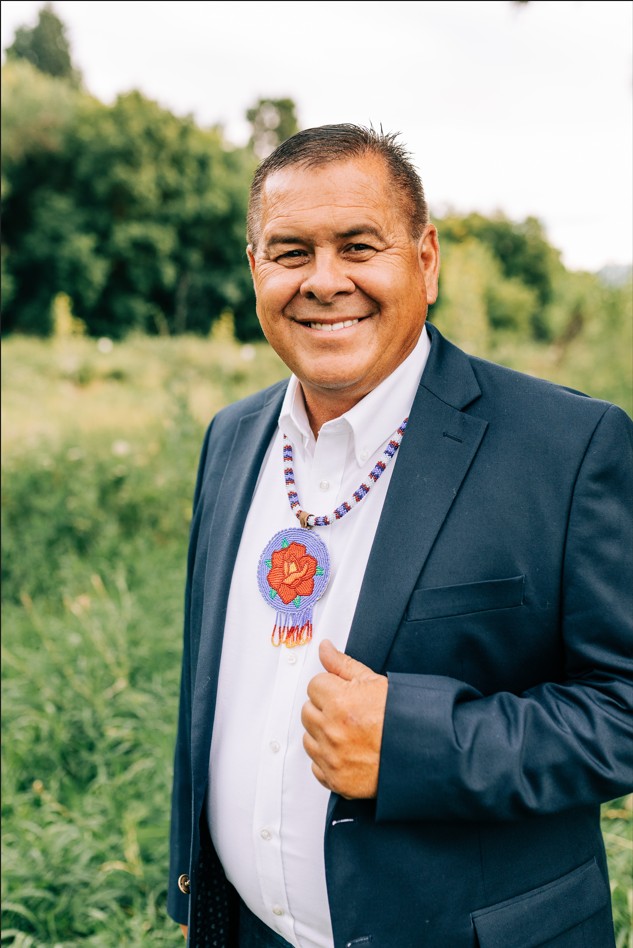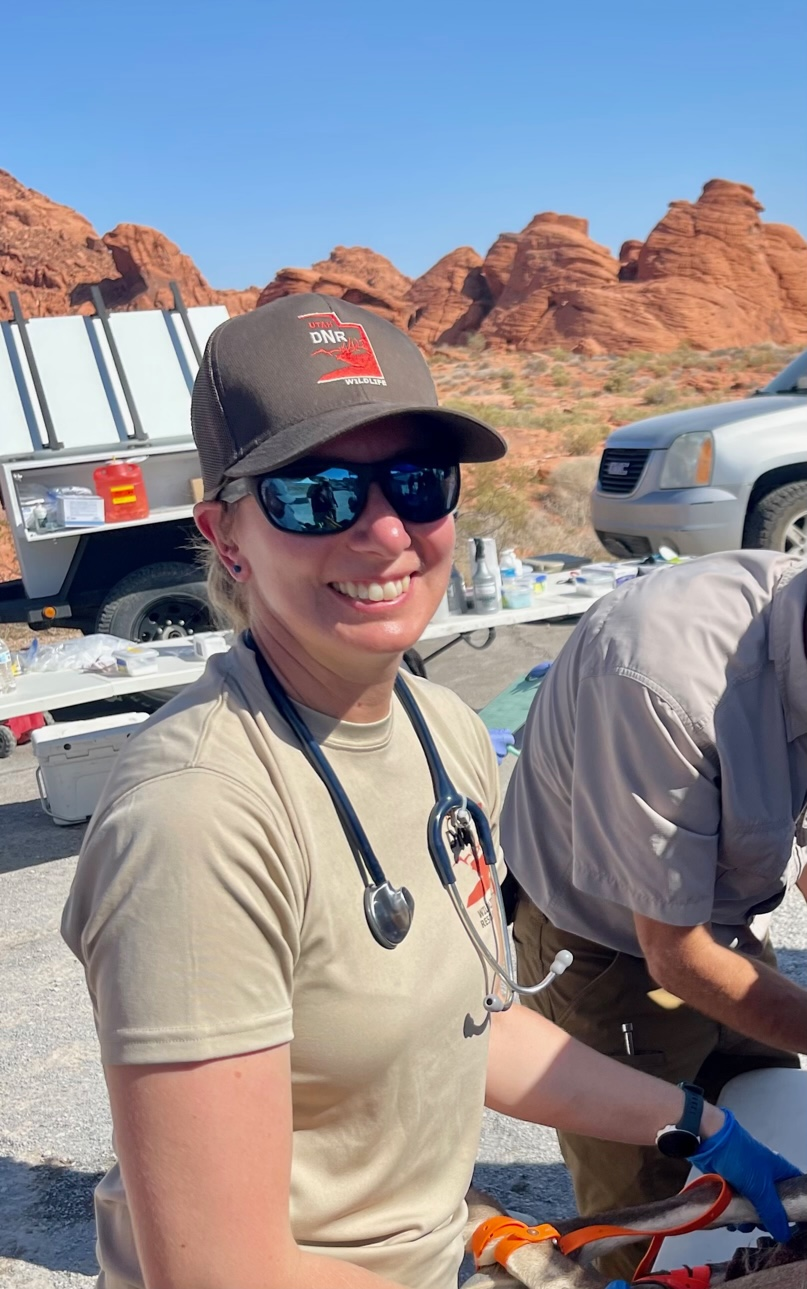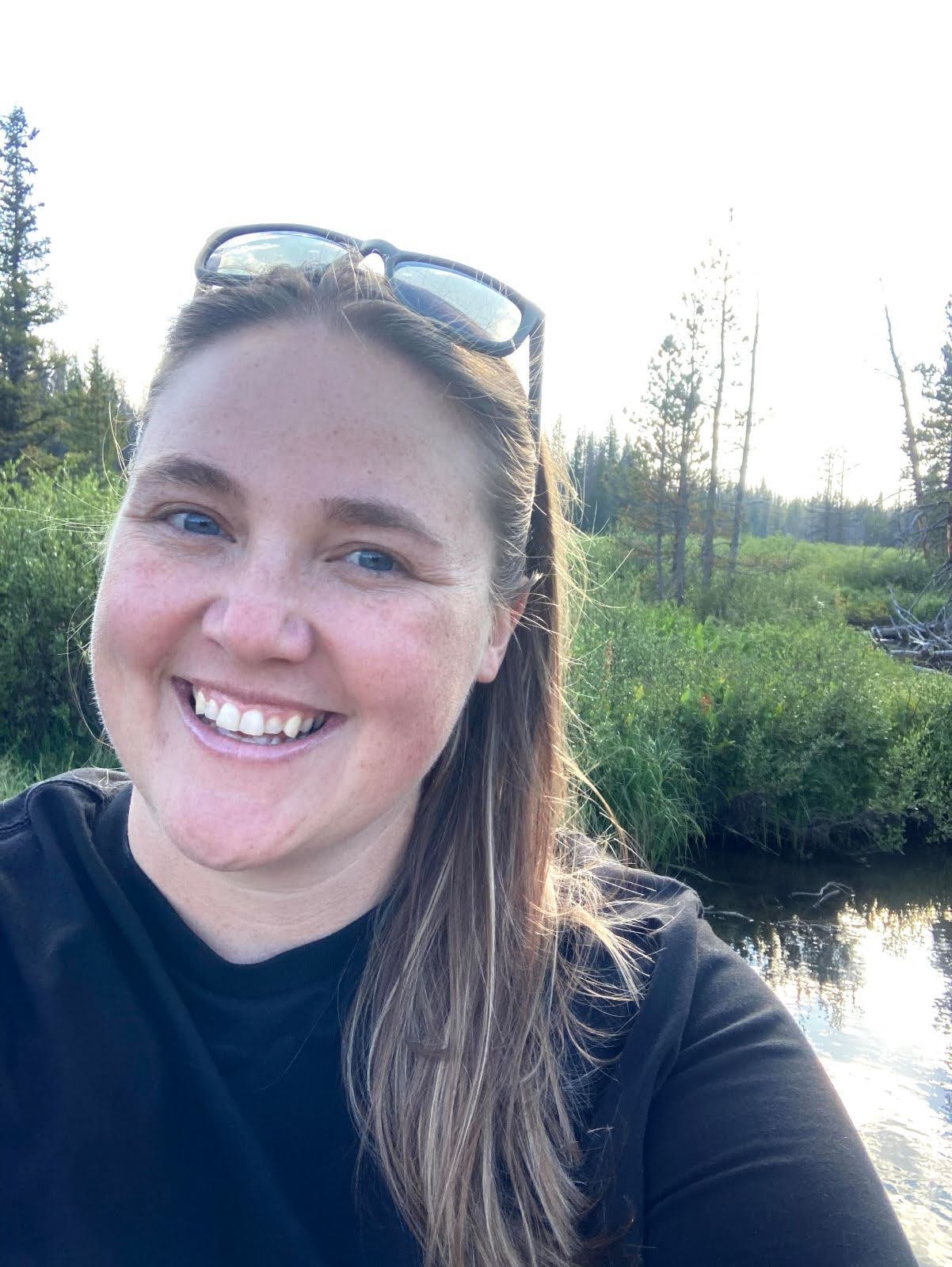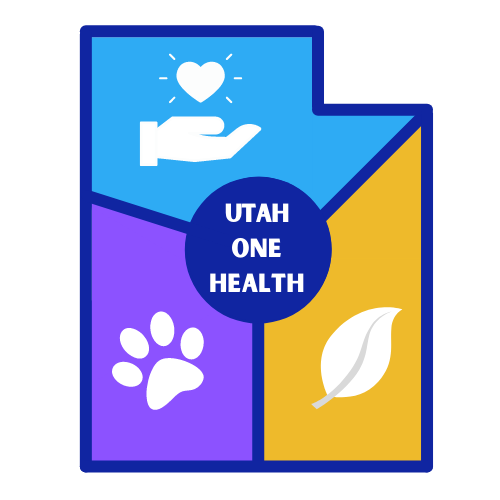Speaker information

Darren Parry is the former Chairman of the Northwestern Band of the Shoshone Nation. Darren serves on the Board of Directors for Utah Humanities and the PBS Utah. He attended the University of Utah and Weber State University and received his Bachelor’s Degree in Education. Darren is the author of “The Bear River Massacre, A Shoshone History” and teaches in the Environmental Humanities department at the University of Utah. He lectures around the country on Native American issues surrounding history and Indigenous views related to sustainability. He recently gave a lecture at the University of Copenhagen and spoke about Indigenous views to Climate and Environment. His passions in life are his wife Melody, 7 children and 17 grandchildren. His other passion is his Tribal family. He wants to make sure that those who have gone before him are not forgotten.

Mallory Bateman is the Director of Demographic Research and State Data Center Coordinator at the Kem C. Gardner Policy Institute. Ms. Bateman has authored research on a range of topics including community research on Salt Lake City and Salt Lake County, generations, fertility, transportation, and commuting. She is an expert in Census Bureau data, products, and programs. With this expertise combined with a background in research and public involvement, Ms. Bateman provides presentations, training, and technical assistance for diverse public, private, and media audiences.
Ms. Bateman serves on the national State Data Center Steering Committee at the Gardner Institute, which monitors the activities and processes that require local participation for the 2020 Census. She was also a member of the Utah State Complete Count Committee.
Ms. Bateman earned her B.A. in Urban Planning from the University of Utah and an M.Sc. in Social Policy and Planning from the London School of Economics.


Jeremy worked in land and wildlife conservation for over a decade before becoming a licensed real estate broker, where he has gained significant expertise in conservation easements while assisting his clients and serving on the Board of Directors of the Montezuma Land Conservancy, a land trust in southwest Colorado. Jeremy joined UDAF in April of 2023 to manage the new Land Conservation Program at the Department of Ag and Food, overseeing the LeRay McAllister Working Farm and Ranch Fund which uses money appropriated by the Utah Legislature to purchase agricultural conservation easements on working farm and ranch land in Utah. Jeremy is a 4th Generation Utahn with a deep love for the state's unique landscapes and incredible outdoor opportunities.

Heather is a zoonotic and vector-borne epidemiologist with the Utah Department of Health and Human Services. She joined UDHHS in 2021, and enjoys the unique opportunities that this role provides to work at the center of One Health in Utah. Prior to UDHHS, she was a practicing small animal veterinarian in the Salt Lake Valley for nearly 9 years. She received her Masters in Public Health from the University of Utah in 2021, and her Doctor of Veterinary Medicine from Virginia-Maryland College of Veterinary Medicine at Virginia Tech in 2012. She and her husband, Ryan, are both originally from Maryland and moved to Utah over 11 years ago to live near the mountains. She loves to hike, ski, travel, read, and try to keep up with the endless energy of her two boys, ages 2 and 4.

Kacy Nowak is a zoonotic and vector-borne epidemiologist with the Utah Department of Health and Human Services (UDHHS), and has been with DHHS since 2021. Kacy's main focus is vector-borne diseases including West Nile virus and tick-borne disease surveillance and response. Some of her roles include leading the biweekly arboviral calls, organizing and leading the active tick surveillance efforts across the state, running the citizen tick submission program, helping the state lab to identify ticks collected throughout the state, and participating as the administrative coordinator for the One Health Symposium Planning Committee. She received her undergraduate degree in Microbiology from Colorado State University and her Masters in Public Health from Emory University. Outside of work, you can find her trail running all over the Wasatch mountains with her border collie or snowboarding in the winter.

Michele is the Education Specialist at the Salt Lake City Mosquito Abatement District (SLCMAD). Prior to working at SLCMAD, she worked at the Moab Mosquito Abatement District. She has her Ph.D. in environmental science and master’s degree in biology from Western Illinois University. She has been studying mosquitoes for almost ten years and is a Certified Ecologist through the Ecological Society of America.

Virginia Stout is the state wildlife veterinarian for the Utah Division of Wildlife Resources. Dr. Stout received a Bachelor's degree in Animal Science from Washington State University, a Doctor of Veterinary Medicine from Auburn University, and a Masters in Conservation Medicine from Tufts University. She has worked across the US and internationally including South Africa and Nepal, with a mixed variety of experiences with wildlife, as well as large and small domestic animals. She is experienced in wildlife capture, field surgery, wildlife disease research, disease surveillance, and management. Her interests involve wildlife health, animal welfare, One Health, and wildlife-domestic animal interactions.

Madison McConnell
I'm Madison McConnell from Burns, Oregon. My passion for animal health started young while in 4-H and FFA. My academic journey led me to the University of Wyoming, where I earned my bachelor's degree, in Veterinary Sciences and a minor in Chemistry. I'm pursuing my Master of Veterinary Public Health at Utah State University, equipping me to tackle complex issues at the intersection of animal health, public health, and the environment. As an Animal Identification Coordinator/Animal Health Technician with USDA APHIS Veterinary Services, I play a vital role in ensuring the well-being of animals nationwide. My responsibilities include implementing disease prevention programs and maintaining the traceability of animals, all aimed at creating a safer and healthier environment for both animals and humans.

Alex Eddington
Alex Eddington is a second generation Aggie, graduating from Utah State University (USU) with a degree in Animal, Dairy, and Veterinary Sciences. Before pursuing his lifelong ambition of becoming a veterinarian, Alex decided to continue his education at USU by obtaining his Master’s of Veterinary Public Health (MPH). Alex lives with his wife and fellow USU graduate, Courtnie, in Hyrum where they are busy raising the next generation of Aggies. Growing up, Alex spent countless hours riding horses and hunting on his family’s property in Northern Utah. While in the mountains Alex gained a love for the outdoors and hunting. His passion for animals and hunting has influenced many of Alex’s educational decisions for ensuring the health and well-being of humans and animals. After obtaining his MPH, Alex plans to gain work experience before applying to veterinary school.

Jeremy Bekker
Jeremy Bekker is a PhD candidate and clinician-in-training at BYU. Jeremy’s research focuses on sustainable well-being, eco-anxiety, and student mental health. He has published research in the areas of student mental health, positive psychology, and environmental science. He has worked in a variety of clinical placements including counseling centers, community medical centers, and private practice. Overall, Jeremy’s goal is to create long-term psychological flourishing for individuals and communities while protecting the natural environment.

Tanner Burnside
Tanner has been working in public health for 2 years. He is a board certified infection preventionist and disease investigator for the Bear River Health Department.

Karen Valcarce
Karen Valcarce is an epidemiologist with the Utah Department of Health and Human Services working on foodborne and waterborne diseases. She holds an MS in Public Health from the University of Utah. When she's not investigating outbreaks, she enjoys climbing, hiking, and hanging out with her dog in the surrounding mountains.

BreAnne Osborn
BreAnne is an enteric epidemiologist for the Utah Department of Health and Human Services where she has worked for the last 3 ½ years. Prior to her time in Utah, she earned her MPH in epidemiology from the University of Minnesota and worked on Minnesota’s ‘Team Diarrhea’. When she’s not investigating outbreaks or begging people to submit stool samples, BreAnne enjoys playing the oboe, reading, and spending time with family and friends.